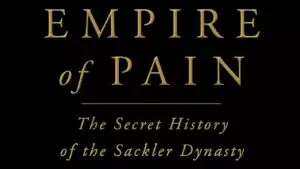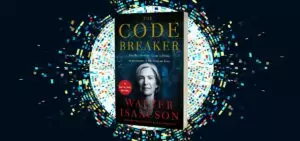By Brenda Stones

✅ AI Essay Writer ✅ AI Detector ✅ Plagchecker ✅ Paraphraser
✅ Summarizer ✅ Citation Generator
This debut novel comes loaded with accolades; already the book covers and the author’s websites are stashed with tributes: the next Steinbeck, the next Hemingway, walking in the steps of Tom Wolfe… so we are led to expect the next great American novel, in the ongoing male tradition of Cormac McCarthy and Don deLillo.
But who is this young author? Philipp Meyer tells us he dropped out of school at 16, then did a variety of jobs from bicycle mechanic to paramedic to city trader before deciding at 22 that his destiny lay in writing; he signed up to Cornell’s writing school and by 34 produced this first novel, mentored by the big names on the various writing programs he joined.
He chose as his setting the Mon Valley near Pittsburgh, a wasted post-industrial region, where the relics of the abandoned steel industry stand rusting in the landscape, and there is no employment for the next generation. So this turns out to be the antithesis of the Great American Dream: no job prospects, no optimism, and the only way up is out.
The whole of the plot line explodes in the first chapter (like an Ian McEwan set piece): young Isaac is set to leave his home town with stolen money in his pocket when he runs into his best mate Poe; they take shelter in a disused shed but are joined by a band of vagrants, and a threatening scene ensues. To save his mate, Isaac crashes a leaden bolt into one of the intruders, and murder is committed. The rest of the plot is the fall-out from this event.
We follow Isaac’s and Poe’s destinies like parallel rail tracks across the desolate landscape: Poe takes on the blame for the crime, and is subjected to the worst suffering that American jail can throw at its inmates; Isaac tries to jump the railroads to escape, but predictably his money is stolen and he does not get far beyond his own state. There seems no way out of this stalemate; Poe’s torture continues, and Isaac falls foul of every hazard on his route. As readers, we ache for a solution: if Isaac gets killed, could not Poe then gain release? But the action is drawn out, in Meyer’s measured prose, and there seems no way past the impasse.
The resolution eventually comes from the minor characters in the narrative: we meet Poe’s mother Grace, another victim of society’s breakdown; we meet Isaac’s sister Lee, who cannot quite manage to leave her hometown despite an advantageous marriage; we meet Isaac’s parents, suffering their own personal fall-out from the recession; and crucially we meet Harris, a policeman in a position to engineer Poe’s eventual release by violent and corrupt intervention.
So what are the real themes of this novel, that put it on a footing with the American greats? The essential theme is loyalty: the debts owed by Isaac to Poe who first saved him from falling through the ice; then Poe to Isaac for saving his life from knife-point; so that unquestioningly Poe will swing for Isaac if this murder is taken to trial. In the midst of this decaying community, it is the loyalty between two schoolmates that withstands the effects of social corrosion; although crimes of murder and theft have been committed, their loyalty is stronger in its power. There is also their loyalty to their hometown: every character who tries to leave gets drawn back to the clinging soil of their roots; not even Isaac’s desperate father can quite take his leave.
But in the end, they are all involuntarily forced to break from their families and move on; maybe this is the only real solution to the implosion of a multiple tragedy on a society that has suffered so much social and economic damage in its recent history.
—————
Written under a Creative Commons License, with edits: https://creativecommons.org/licenses/by/1.0/
Follow us on Reddit for more insights and updates.





Comments (0)
Welcome to A*Help comments!
We’re all about debate and discussion at A*Help.
We value the diverse opinions of users, so you may find points of view that you don’t agree with. And that’s cool. However, there are certain things we’re not OK with: attempts to manipulate our data in any way, for example, or the posting of discriminative, offensive, hateful, or disparaging material.